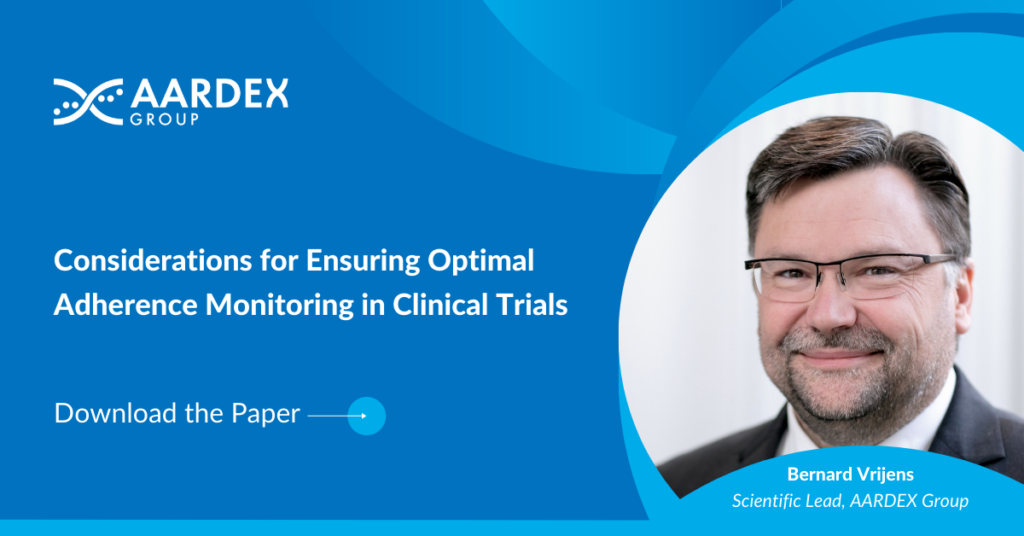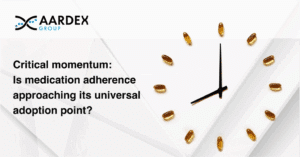It’s no secret, recruiting clinical trial participants is difficult, time-consuming, and considerably expensive, all while dropout rates are notoriously high across therapeutic areas.
Whatever the motive for dropout, the impact is huge. Trials can become underpowered and may not have enough data to effectively demonstrate either statistically significant clinical benefit or the safety of the product.
For decades, researchers have attempted to solve the problem by recruiting replacement participants. But the approach is not sustainable – it can extend the study timeline and can cause development costs to soar.
So, what can we do differently?
Tap Into Medication Adherence & Non-Adherence Patterns as a Barometer of Participant Engagement
Medication adherence is widely accepted as a marker of engagement in disease management in long-term conditions, but the approach has just as much to offer in clinical trials. Erratic adherence or non-adherence can signal poor product efficacy, intolerable side effects, or administration problems, all the things that may lead to costly dropouts, early in the trial.
Free Strategy Paper: Considerations for Achieving Optimal Adherence Monitoring
Validated adherence measures have been few and far between, and those that do exist are non-standardised and imperfect. Digital Adherence Monitoring (DAM) is different as it gives study teams access to timely insights on adherence, thus allowing them to make interventions earlier.
Our Scientific Lead, Bernard Vrijens, has just published a new strategy paper that’s jam-packed with considerations for achieving optimal adherence during trials. Click the button below to get your free copy!
Spacer gap
spacer gap
About the Author
Bernard Vrijens holds a PhD from the Department of Applied Mathematics and Informatics from Ghent University, Belgium. As Scientific Lead at AARDEX ® Group, Bernard oversees the research and development of sophisticated analytical methods for monitoring participant medication-taking behaviours.
Along with providing guidance on adherence to Pharmaceutical, BioPharma, and Academic organizations, Bernard is a founding member of the International Society for Patient Adherence (ESPACOMP) and is an active member of several EU and US-funded consortiums that focus on adherence. Having co-authored several book chapters, over 100 peer-reviewed scientific papers, Bernard is considered an expert in his field.
If you liked this paper, you’ll love our LinkedIn posts! Why not follow us?



